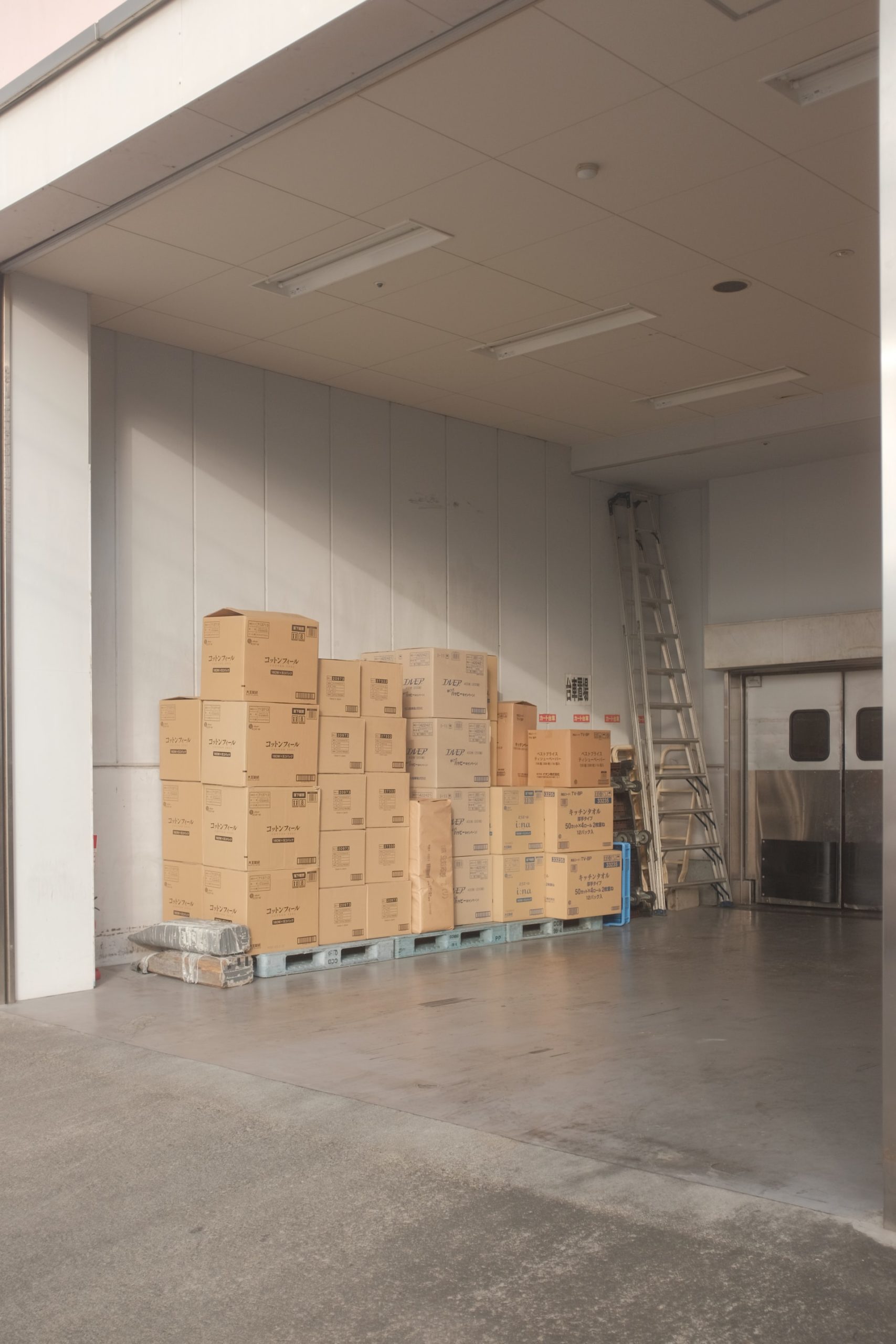As a homeowner, there are many reasons why it’s practical to invest in storage space. By renting a unit within a third-party storage facility, you can do away with clutter, while knowing your personal belongings are safe and sound. Not sure if it’s right for you? Here are a few of the most common situations where renting a storage unit may be a good fit, allowing you to make the most of your living quarters.
Common Uses for Storage Units

Storage units are a great way to make moving into a new home an easier process. For example, if you’re preparing to stage your home or planning to host an open house, even a small space in a storage facility can free your home’s living quarters of clutter for display and presentation. Prospective buyers will see only clean, well-managed shelves, dressers, and square footage within your living room and bedrooms, making it easier for them to imagine the house as their new home, making for an overall good experience. Right away, storage space may be the best way to help sell it for a good price within a short time-frame. Putting your house on the market while packing your belongings are both big tasks, and having a storage facility can really make the eventual packing up of your current house much simpler.
A storage unit can also be beneficial if you run your own small business. These days, many independent owners run their companies from home, leading to a lot of unexpected clutter. Renting a storage unit can provide a great place to keep your surplus inventory. With all that clutter out of the way (depending upon how many square feet you were able to pay for), you can now use the extra floor space for remodeling your home office needs or even expand the living room or kitchen areas for family use or entertaining guests.
If you decide on a storage unit for company use, keep in mind that keeping it local is ideal. Having the facility at a convenient location nearby is always a good idea, as you can access your products regularly, keeping your customer service stellar with no lag time in your workflow.
Other Possible Storage Unit Uses

There are other situations when extra space storage is an efficient way to secure your necessities. For example, if a homeowner has already sold their house but the closing date has shifted, they’ll need to store their belongings during the waiting period. In this case, renting a storage space in a local, convenient location ensures that the family’s already-packed belongings remain safe and sound before the actual moving day. Another good thing is that the rented storage area allows for easy access to the family’s belongings while the moving process continues. If you’re not moving far away, it may be such a great experience having the extra space, you may decide to keep it indefinitely for your family’s ongoing use.
Also, many people travel for business, while members of the military may be stationed overseas for long periods of time. Both of these scenarios call for extra storage needs. If this is the case, many storage facilities will even offer a great deal on extended options depending upon how much space is needed and for how long an amount of time. For example, if you’ve rented from storage facilities in Atlanta and have a transient job that takes you to California, you’ll have the peace of mind knowing that the contents of your studio apartment will be safe while you’re away.
Unfortunately, there are also somber occasions when a storage unit can be beneficial. If a relative or loved one has recently passed away, you may be responsible for their estate. You may be unsure where to keep their personal belongings if you don’t have enough room in your house. Under the circumstances, storage space can be a major convenience while you decide whether to donate the contents of the estate or divide everything up among friends and family.
Ever try to start a business and have it take over your entire house? At first, it seems like a smart way to save some cash, but eventually, it starts to wear on your sanity. Many small business owners rent storage units as an affordable way to keep track of inventory.











